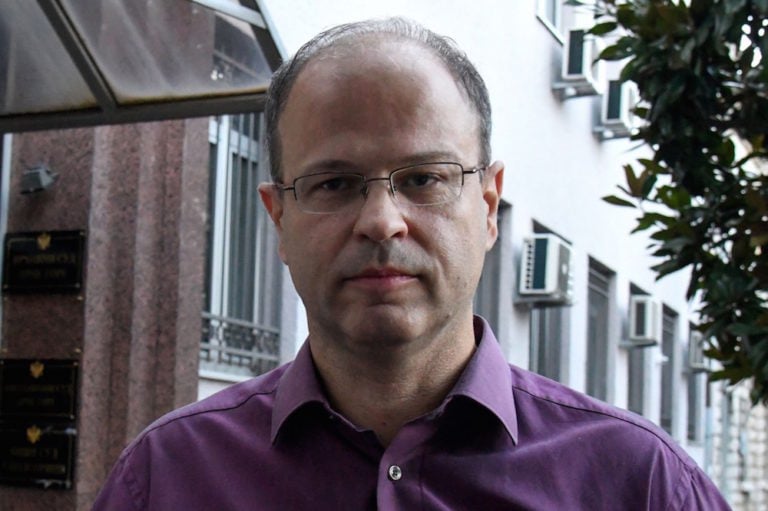The draft Law has a number of positive features, but ARTICLE 19 also highlights some shortcomings.
(ARTICLE 19/IFEX) – 11 September 2009 – ARTICLE 19 has produced a Note analysing the Montenegrin draft Law on Electronic Media. The Note recognises that the draft Law has a number of positive features, but also highlights some shortcomings, including the lack of clarity as to where responsibility for licensing broadcasters lies, along with the fact that broadcasters are required to go through two licensing processes.
The draft Law on Electronic Media is part of a series of legal and other reforms in the area of telecommunications and broadcasting regulation in Montenegro, some of which have been the subject of earlier ARTICLE 19 analyses.
The Note highlights, among others, the following concerns with the draft Law:
– The lack of clarity as to responsibility for licensing broadcasters as between the broadcast regulator established by the draft Law and the telecommunications regulator
– The failure of the law to set out clear criteria for allocating licences
– The failure of the law to recognise community broadcasting
– Inadequate provisions in the law on how the system of complaints it envisages would work in practice
– The independence of the proposed regulator could be improved by not providing for one member to be nominated by a minister and through more robust sources of funding
– The system of sanctions unduly promotes the most extreme sanction – licence revocation – at the expense of a more graduated approach to sanctions.
ARTICLE 19 calls on the Montenegrin authorities to ensure that the law that is ultimately adopted is in line with international standards in this area.


